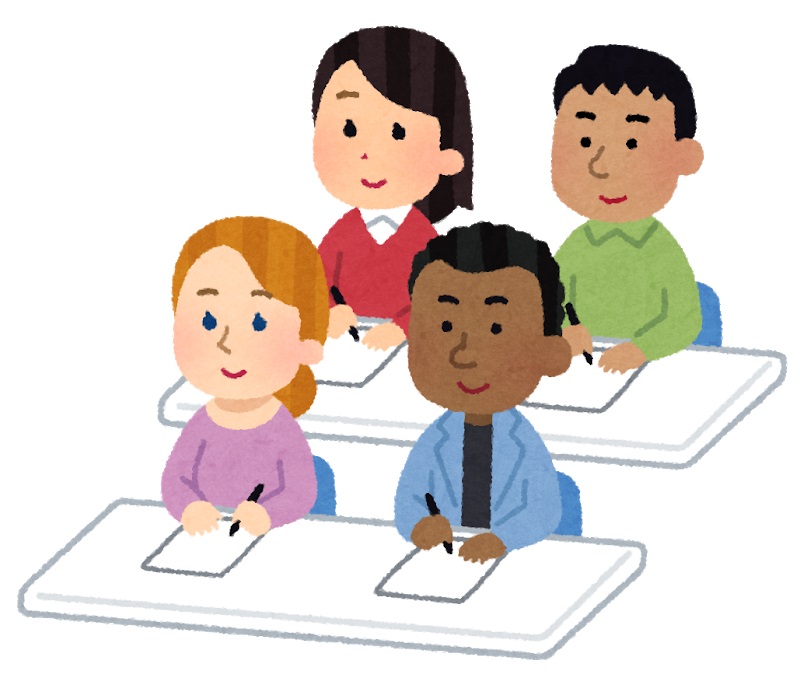In an increasingly connected world it helps to engage with other cultures without prejudice or assumption. This is true in engineering as it is in any other field, but UTokyo researchers reveal shortcomings in how intercultural communication is taught to potential engineers.
By its very nature, engineering is a diverse, global and multidisciplinary field. Whether it's microchip manufacturing, aircraft assembly, or infrastructure megaprojects, engineering requires strong international collaboration. It's easy to think the field as a whole must place intercultural communication high on the agenda. However, some researchers feel this is far from the case.
Assistant Professor Yu Maemura from the Department of Civil Engineering at the University of Tokyo and colleagues from universities in the U.K., Belgium and Australia analyzed a collection of written materials used in engineering education. The subject of these materials was intercultural communication and their analysis concludes education in this area is not just lacking but also behind the times.
"There's an assumption that intercultural communication is about language barriers, it's much more than that," says Maemura. "Culture is also discussed purely in terms of nationality, but this essentialist view is very limited."
Essentialism is the idea that culture is innate and people can be categorized by broad terms, such as nationality. Therefore, essentialists judge people by broad cultural characteristics.
"It's easy to imagine why people think this way; it's not only intuitive but it's also ingrained in us," continues Maemura. "Much could be gained if educators in engineering instead viewed culture as emergent rather than something as a given."
This view of culture is known as constructivism, which researchers believe better reflects reality.
"The constructivist view implies there may be more in common between two engineers from different countries than between an engineer and someone in a very different profession from the same country, depending on the topic and context of the communication," says Maemura. "With this in mind, good intercultural communication could actually improve collaborative efforts between otherwise disparate groups of engineers."
A key way to improve the educational situation, according to Maemura and his colleagues, would be to educate budding engineers about cultural differences within their own countries, and similarities between different countries. This could open their minds to the constructivist view of culture, helping them to engage better with their international collaborators.
"Even senior engineers such as managers go overseas and are not prepared to deal with all they encounter, manifesting in issues which can go unnoticed," Maemura concludes. "Communication is the biggest issue in collaborative environments. Perhaps projects could be completed more efficiently, cost effectively and to higher safety standards with better intercultural communication."

Researchers strongly recommend engineers learn about intercultural communication
so they can be more effective in the diverse environment of the real world. © 2019 irasutoya.com






